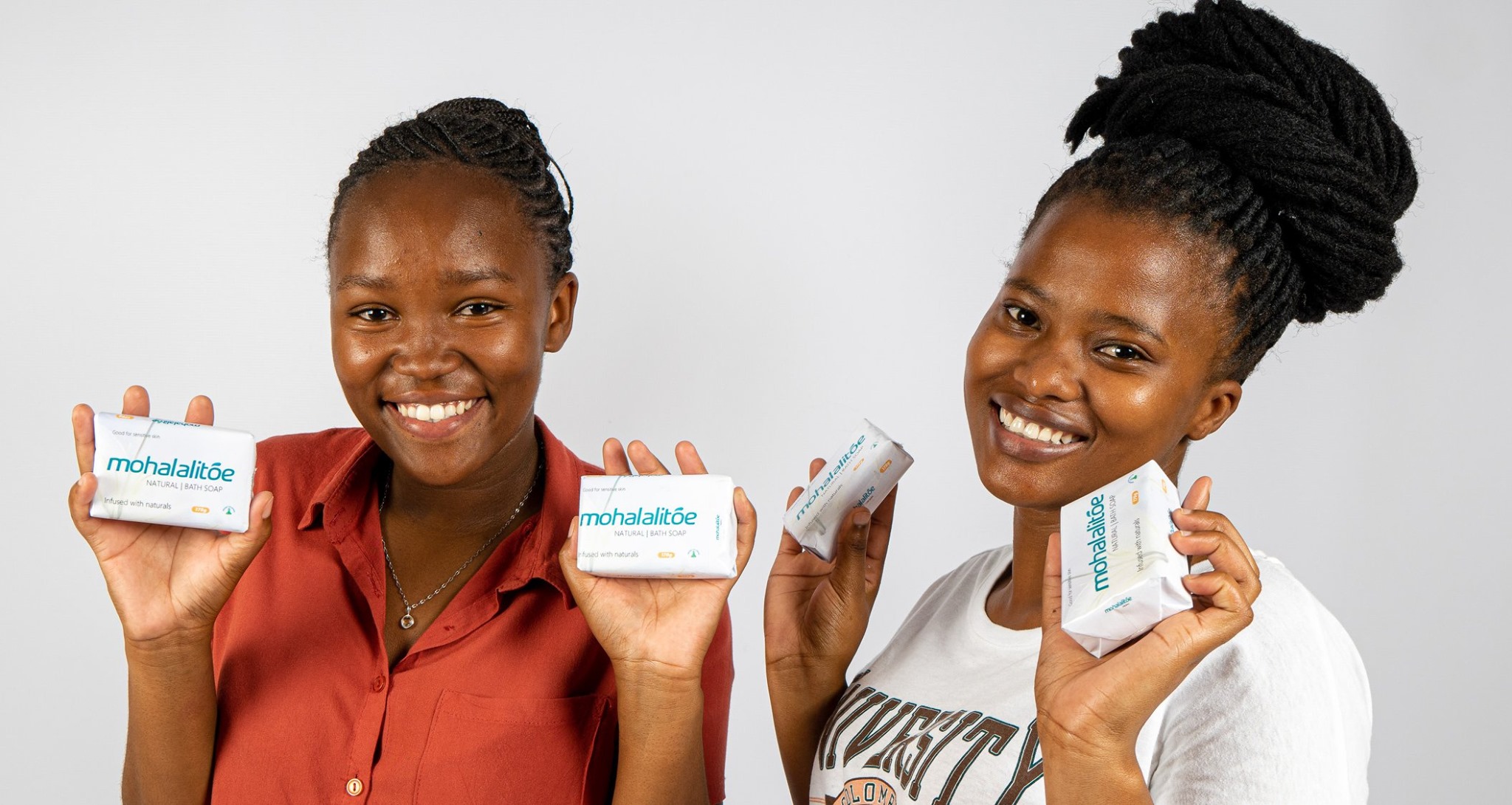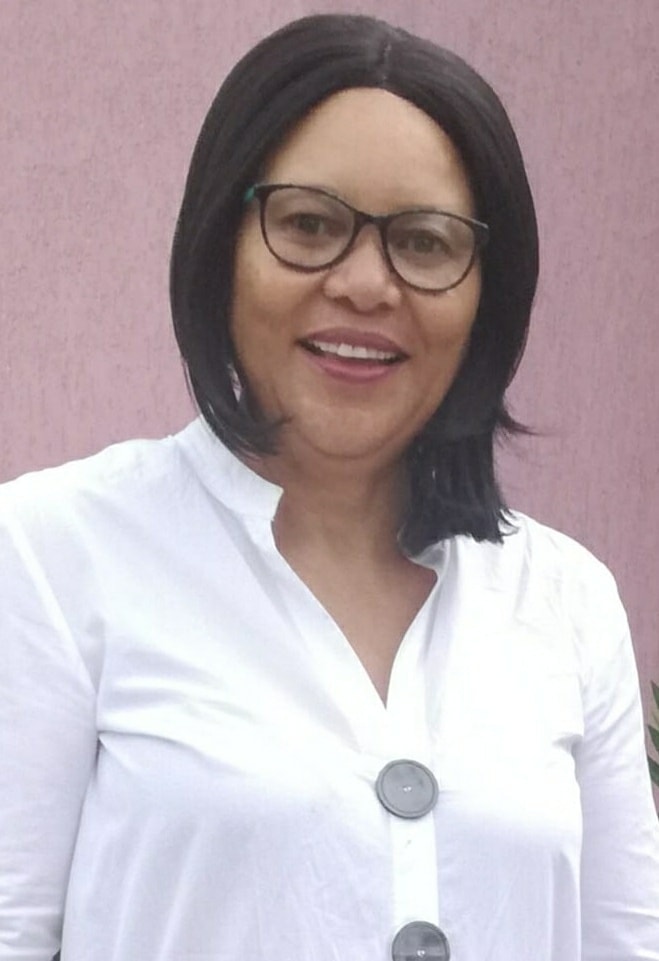Kananelo Thamae, the former student of the National University of Lesotho (NUL), and his family, run a business that produces 4, 000 bottles (750 ml) of a mature, mellow, fine-textured Sani Wine per season. Their orchard boasts 13, 000 fruit trees, mainly peaches, apples and apricots, and 3, 000 grape vines. They also have a nursery that produces a whopping 18, 000 seedlings per season for their use and selling in the markets!(WhatsApp him here: +266 56250641)Although he is directing especially the wine-making part of the business, the roots of the business itself date back to his father. “I’m told my father used to work in the mines of South Africa,” Kananelo, who was yet to be born in those days, repeated the story. At some point his father came back to acquire land at Ha Ntsi, Masapong, close to Nazaretha, Maseru.He was ready for business. (By paying as little as M50 per month, you can become part of Milco, the store that will sell ONLY Lesotho products: Join for more info: https://chat.whatsapp.com/DIpDHizHPA378n2COpwHda)The land used to belong to Kananelo’s grand-father. As can be expected, the field was then dedicated to the growing of maize and sorghum. Those were pretty much the main crops of interest in those days. They still are, for most part, although Basotho are beginning to explore other crops, especially in horticulture.With his father now firmly in charge, things began to change. “He started growing fruit trees, some of which are still here to this day,” he said. “He would then grow vegetables between the trees.” That was the beginning of the change of the land-use. Several years later, the father got involved in a training provided by Social Forestry Project. That is where he learned many things about the secrets of growing trees which he was to apply to his business. They had already started cultivating grapes and Kanenalo was grown enough to take part in the business when some life-changing episode happened. Their fields are situated near a scenic road on a way to Mohale Dam, that dam which supplies water to South Africa. The place rests on Lesotho’s foothills which form the border between the lowlands and the highlands and are best known for their inviting landscapes. It is no surprise then that some tourists from South Africa, Western Cape in particular, were on this road when they spotted a small field with grape vines on it. If you know a thing or two about where those folks came from, you will understand why a sight of grapes caught their attention. They were from a grape paradise that is the Western Cape. They just didn’t expect they would come across grapes vines in Lesotho. Apparently, they thought the climate was not good. Yet here they were, besides a field of grapes! Consumed with curiosity, they veered off the road to inquire. After a lengthy conversation, a deal was struck. “They would bring a special kind of grape vine from the Western Cape and it could be tested for its capacity to grow and yield grapes and wine.”The tourists made good on their promise. “They brought 400 vines for testing,” he said. “At the right time, we produced 200 kilos of grapes and then proceeded to make 50 (750 ml) bottles of wine.”Coming to that point, especially the point of making wine, wasn’t easy. There was a lot of learning, and a plenty of investment into wine-making equipment and infrastructure. In the end, it happened.The bottles were then used for “tasting” and for scientific analyses and the results were interesting. The wines produced were really of high standards, comparable to the wines in the market. That marked the beginning. “We combined forces with the Western Cape team and invested into further production.” The result is that they now have more than 3000 grape vines, 75% of which are already used in the production of wine. Just last year, they produced 1700 bottles (750 ml) of appetising Sani Wine. This year, they have produced enough wine to fill up a whopping 4000 bottles! Although they began on a small piece of land, they have progressively bought nearby lands. That is because, “we are not only in the business of wine.” Rather, they are producing peaches, apples and apricots, the trees which number to 13, 000 and the number is growing. Most of the trees are peach trees.As if that was not enough already, Kananelo said they are also producing seedlings both for themselves and for the market, “we produce 18, 000 seedlings a year!” He cites a few challenges including the difficulty in getting the wines to cross into South Africa for testing. He has since heard that the NUL Department of Chemistry offers some testing facilities and he would like to find out if they could assist. “We normally look into sugars, Ph, Acids and Salts, among other things, and we think the NUL can easily handle such things.”Other challenges are brought by mother nature and they include too much rain, hail and cold especially with regards to grapes. “We are looking for ways to protect the vines against such challenges,” said the determined young man who is hell-bent on walking on the footsteps of his father.


